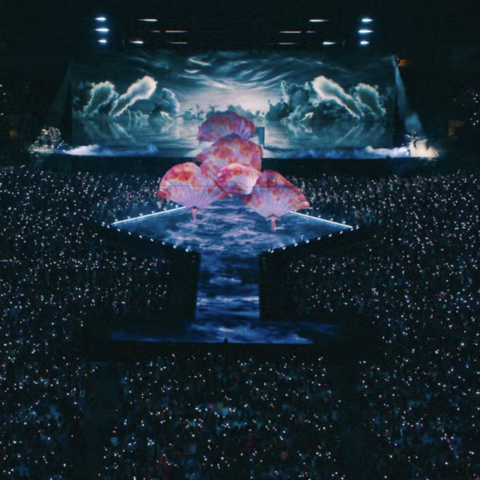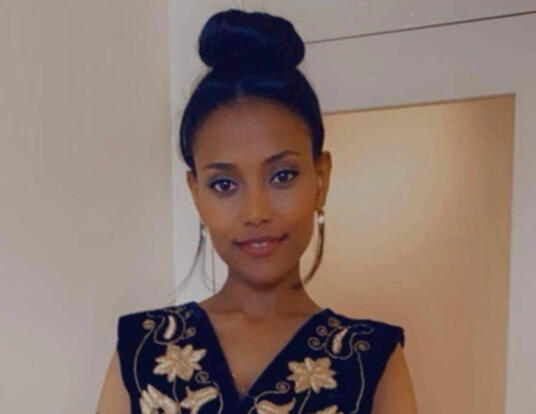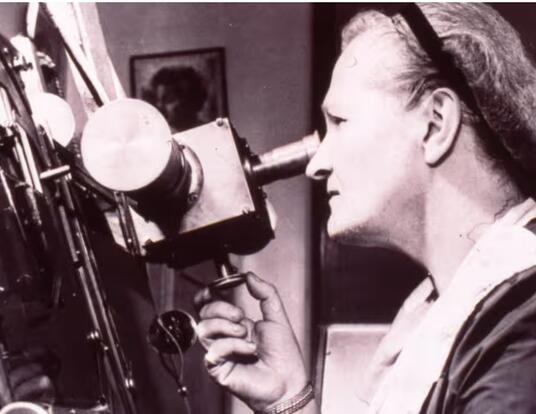Histories of Healing
Harvard Griffin GSAS Voices: Eana Xuyi Meng, MD-PhD candidate
Research at Risk: Since World War II, universities have worked with the federal government to create an innovation ecosystem that has yielded life-changing progress. Now much of that work may be halted as funding is withdrawn. Find out more about the threats to medical, engineering, and scientific research, as well as how Harvard is fighting to preserve this work—and the University's core values.
Eana Xuyi Meng grew up in the suburbs of Boston, the daughter of Chinese immigrants. Her experience at age 10 of an unnecessary medical procedure and subsequent chronic illness eventually led to her interest in Chinese traditional medicine. She discusses her research on the history of that method of healing, her journey to Harvard Griffin GSAS, and her gratitude at being a recipient of the 2023 Paul & Daisy Soros Fellowships for New Americans.
Daughter of Dreamers
My life has been made possible by my parents and their sacrifices. They immigrated from China, leaving behind their social support and against so many odds. They wanted to break out of a mold, achieve more than anyone ever expected of them, and, most of all, provide incredible opportunities for their children. They are dreamers and they have taught me to never let circumstances dictate my choices and course in life. I am so proud to be their daughter.
With tremendous support from family, friends, and mentors, I graduated from Harvard College in 2019 and returned to the University in 2021 to pursue an MD-PhD in history of science. I am profoundly grateful to have the opportunity to practice both history and medicine. Furthermore, I am deeply excited to work towards integrating biomedicine and traditional medicine, serving as a bridge between Eastern and Western traditions. This was my grandmother’s greatest wish.
Saddling the Intersection of Eastern and Western Medicine
I am fascinated by medicine—not only by the mysterious inner workings of the human body, but also by how we think about and engage with our health and care. I believe that medicine, as used and understood by us, is a reflection of us—of what matters to us and the creative and inspiring ways in which we seek health.
I research the little-known histories of how marginalized communities have used Chinese medicine to respond to difficult—and, at times, almost impossible—circumstances. I work closely with Dr. Tolbert Small, a Black physician who went to China in 1972 with a delegation from the Black Panther Party, where he was fascinated by acupuncture as a nonpharmacologic intervention. He returned to Oakland to teach himself the practice and became one of the first American doctors to use acupuncture. Since then, he has treated thousands with acupuncture for pain management—including many members of the community who were neglected or harmed by medical institutions and did not want to use opioids.
I work also with Marie Branch, a nurse who helped set up a free health clinic in Los Angeles, California, and who went to China with Dr. Small. Branch, similarly, also learned Chinese medicine to help her community with natural healing. In addition, I am recording the history of Sue Cox, a British acupuncturist, who introduced acupuncture to more than 125 of the 150 prisons in the United Kingdom to help those with substance use disorders.
These are stories of human resilience. Bad things happen to us because of sociopolitical and economic forces or simply illness. But across space and time, we respond creatively and courageously. I hope others find these stories as fascinating as I do, but most of all I hope their message resonates. Many of us have experienced moments when we felt helpless against illness, especially chronic or terminal ones. A great number of us scavenge the internet for possible treatments, whether biomedical or traditional. In doing so, we attempt to and often successfully restore our agency and a sense of hope, much like what my interlocutors sought to do. Their message is that integrative medicine is not the exception but the norm.
Messenger of History
I feel so lucky to be a recipient of the 2023 Paul & Daisy Soros Fellowships for New Americans. There are so many deserving students. It’s a tremendous honor to be seen, but most of all, I feel that the elders I work with are being seen. I am a messenger of these histories, but they are the ones who lived, participated in, and enacted the events that contribute to the fabric of our society. They are the ones who have surmounted challenges to make our world anew, living their lives in service and providing decades of healing to thousands.
The fellowship will enable me to continue publicizing these histories. It will allow these elders to know that their legacies will live on. Furthermore, their trials and tribulations provide a blueprint for change in the world today. Though the language of health equity has recently taken off, Dr. Small, Branch, Cox, and many others have worked for more than half a century to make health care fundamentally accessible, equitable, and just.
Get the Latest Updates
Join Our Newsletter
Subscribe to Colloquy Podcast
Simplecast





